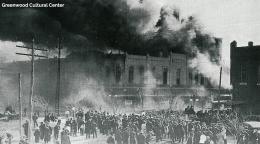Start of Black History Month
 \
\
 \
\Pentagon agency pauses Black History Month, MLK Day observances
Alex Coleman
Fri, January 31, 2025
THE HILL
MEMPHIS, Tenn. — A retired chief warrant officer in the military is upset about the Pentagon’s intelligence arm’s decision to no longer celebrate Dr. Martin Luther King, Jr. Day, Women’s History Month, and Pride Month.
“I am disappointed number one, but I’m actually not surprised because this president told us that these are the kinds of things that he was going to do,” said Tennessee Rep. Karen Camper.
The affected events include: Dr. Martin Luther King, Jr. Birthday, Black History Month, Women’s History Month, Holocaust Day and Days of Remembrance, Asian American Pacific Islander Heritage Month, Pride, Juneteenth, Women’s Equality Day, National Hispanic Heritage Month, National Disability Employment Awareness Month and National American Indian Heritage Month.
MEMPHIS, Tenn. — A retired chief warrant officer in the military is upset about the Pentagon’s intelligence arm’s decision to no longer celebrate Dr. Martin Luther King, Jr. Day, Women’s History Month, and Pride Month.
“I am disappointed number one, but I’m actually not surprised because this president told us that these are the kinds of things that he was going to do,” said Tennessee Rep. Karen Camper.
The affected events include: Dr. Martin Luther King, Jr. Birthday, Black History Month, Women’s History Month, Holocaust Day and Days of Remembrance, Asian American Pacific Islander Heritage Month, Pride, Juneteenth, Women’s Equality Day, National Hispanic Heritage Month, National Disability Employment Awareness Month and National American Indian Heritage Month.
“This this how I think some veterans will feel. This is an attack on all of the civil rights, you know, achievements that we’ve made in this country to move us forward and a lot of those servicemen that are serving, their families lost lives, gave up a tremendous amount of sacrifice in order to move this country forward,” said Camper.
President Trump has put a spotlight on DEI initiatives in a series of executive orders in his first week in office, with the White House saying that “DEI creates and then amplifies prejudicial hostility and exacerbates interpersonal conflict.”
“The Holocaust observances, the disability was in there. So, I do feel that these groups will end up joining arms together to help you know fight these thing,” said Camper.
Copyright 2025 Nexstar Media, Inc. All rights reserved.
Pentagon agency bans Black History Month in compliance with Trump’s anti-DEI push
Allison Detzel
Sat, February 1, 2025

Pete Hegseth at the U.S. Capitol on Dec. 4, 2024.
Just days before the start of Black History Month, employees from the Pentagon’s intelligence agency received a memo notifying them that all activities related to the annual commemoration were now banned.
According to a memo obtained by NBC News, the Defense Intelligence Agency ordered a pause of all activities and events related to 11 “special observances” in compliance with President Donald Trump’s ban on DEI (diversity, equity and inclusion) programs in the federal workplace.
In addition to Black History Month, the agency also ordered the suspension of events marking Asian American Pacific Islander Heritage Month, National American Indian Heritage Month, LGBTQ Pride Month, Women’s History Month, Juneteenth, Martin Luther King Jr. Day and Holocaust Remembrance Day.
Martin Luther King III, son of the civil rights icon, responded to reports of the memo with a post on X, writing, “Now more than ever, I am dedicated to being about my father’s business and I encourage all people of good will to be about the business of Peace, Justice, Love, and Equity.”
Employees of the Centers for Medicare and Medicaid Services received a similar directive last week. In an email shared with NBC News, they were notified that all affinity groups, also known as employee resource groups, were “being disbanded and special observances are being canceled.”
Federal agencies across the government have scrambled to comply with Trump’s executive order targeting DEI. Posts related to such initiatives have been removed from several government websites, including the Office of Personnel Management and the Homeland Security Department. Federal agency webpages that previously led to posts on diversity and accessibility resources now display a “Page Not Found — 404” error message. Agencies have been ordered to place DEI staff on paid leave while the government draws up plans for their dismissal.
Trump’s new defense secretary, Pete Hegseth, who now oversees the Pentagon, has been one of the most ardent supporters of the president’s anti-DEI push. On Wednesday, Hegseth sent out a memo of his own announcing the creation of a task force aimed at abolishing diversity initiatives across the department. In that memo, Hegseth wrote that DEI efforts “are incompatible with the values of DoD.”
Despite these orders, it appears the White House still plans to celebrate Black History Month. During her first briefing on Tuesday, White House press secretary Karoline Leavitt was asked if the Trump administration intended to mark the annual event.
“As far as I know, this White House certainly still intends to celebrate — and we will continue to celebrate American history and the contributions that all Americans, regardless of race, religion or creed, have made to our great country,” Leavitt told reporters before declaring that “America is back.”
This article was originally published on MSNBC.com
Hegseth axes Pentagon ‘identity months’ the same day Trump calls for Black History Month observance
Irie Sentner
Sat, February 1, 2025
POLITCO USA

WASHINGTON, DC - JANUARY 30: U.S. Secretary of Defense Pete Hegseth (L) takes the podium from U.S. President Donald Trump as they speak to reporters about the collision of an American Airlines flight with a military Black Hawk helicopter near Ronald Reagan National Airport, in the Brady Press Briefing Room at the White House on January 30, 2025 in Washington, DC. Officials believe that all 64 people on the commercial jet and the three service members on the U.S. Army helicopter died when they collided midair and crashed into the Potomac River airport outside Washington, D.C. on Wednesday. (Photo by Chip Somodevilla/Getty Images)
Identity months are officially dead at the Pentagon.
The Defense Department will no longer use “official resources, including man-hours” to celebrate “cultural awareness months,” according to guidance Pentagon chief Pete Hegseth issued Friday — on the eve of Black History Month, which began Saturday.
The list of celebrations called out include National African American/Black History Month, Women’s History Month, Asian American and Pacific Islander Heritage Month, Pride Month, National Hispanic Heritage Month, National Disability Employment Awareness Month and National American Indian Heritage Month.
“We are proud of our warriors and their history, but we will focus on the character of their service instead of their immutable characteristics,” the guidance says. It notes that service members and civilians may attend events “in an unofficial capacity outside of duty hours.”
Hegseth's orders came the same day that President Donald Trump issued a proclamation calling for the recognition of Black History Month.
On Friday, Trump called “upon public officials, educators, librarians, and all the people of the United States to observe this month with appropriate programs, ceremonies, and activities.”
Asked Friday if agencies that had called off Black History Month activities should reinstate them in response to the proclamation, White House press secretary Karoline Leavitt told reporters “the president is leading here at the White House.”
A Pentagon spokesperson declined to comment.
WASHINGTON, DC - JANUARY 30: U.S. Secretary of Defense Pete Hegseth (L) takes the podium from U.S. President Donald Trump as they speak to reporters about the collision of an American Airlines flight with a military Black Hawk helicopter near Ronald Reagan National Airport, in the Brady Press Briefing Room at the White House on January 30, 2025 in Washington, DC. Officials believe that all 64 people on the commercial jet and the three service members on the U.S. Army helicopter died when they collided midair and crashed into the Potomac River airport outside Washington, D.C. on Wednesday. (Photo by Chip Somodevilla/Getty Images)
Identity months are officially dead at the Pentagon.
The Defense Department will no longer use “official resources, including man-hours” to celebrate “cultural awareness months,” according to guidance Pentagon chief Pete Hegseth issued Friday — on the eve of Black History Month, which began Saturday.
The list of celebrations called out include National African American/Black History Month, Women’s History Month, Asian American and Pacific Islander Heritage Month, Pride Month, National Hispanic Heritage Month, National Disability Employment Awareness Month and National American Indian Heritage Month.
“We are proud of our warriors and their history, but we will focus on the character of their service instead of their immutable characteristics,” the guidance says. It notes that service members and civilians may attend events “in an unofficial capacity outside of duty hours.”
Hegseth's orders came the same day that President Donald Trump issued a proclamation calling for the recognition of Black History Month.
On Friday, Trump called “upon public officials, educators, librarians, and all the people of the United States to observe this month with appropriate programs, ceremonies, and activities.”
Asked Friday if agencies that had called off Black History Month activities should reinstate them in response to the proclamation, White House press secretary Karoline Leavitt told reporters “the president is leading here at the White House.”
A Pentagon spokesperson declined to comment.

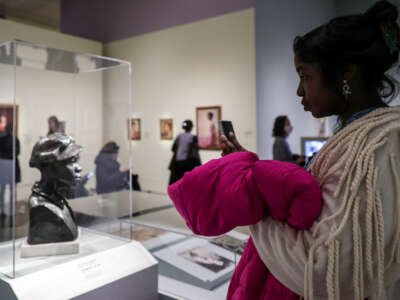

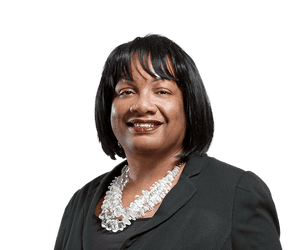
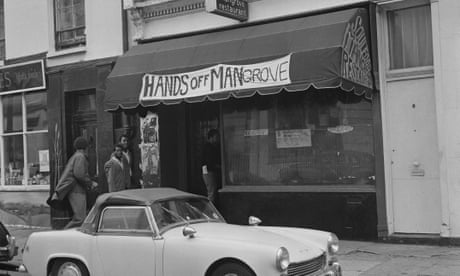
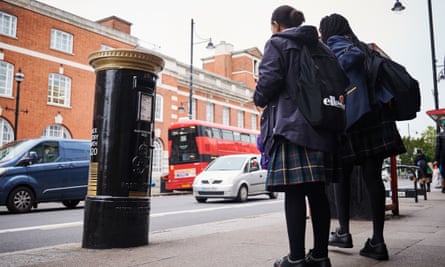
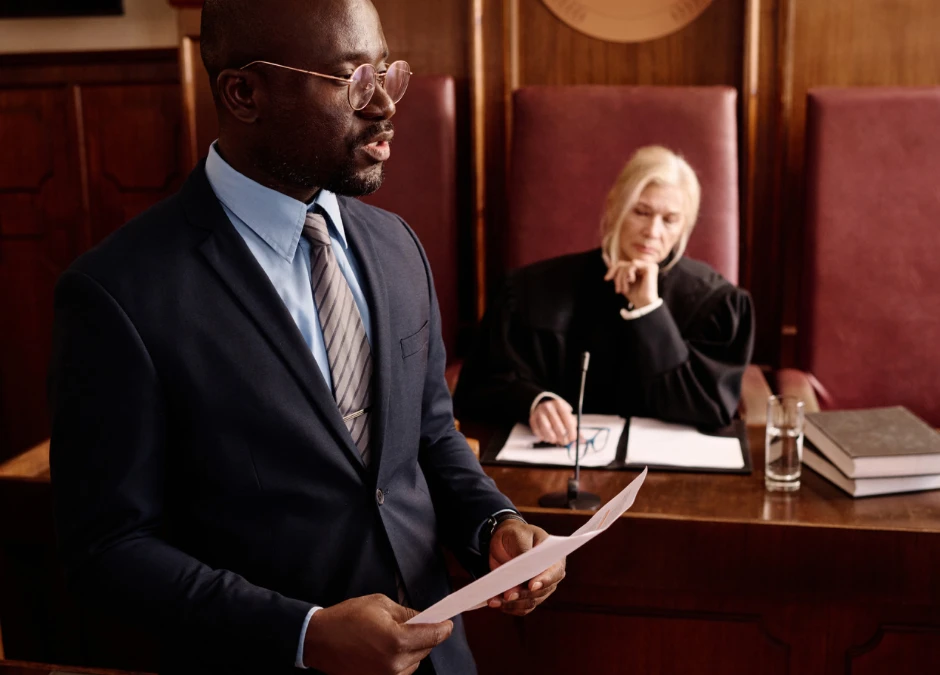


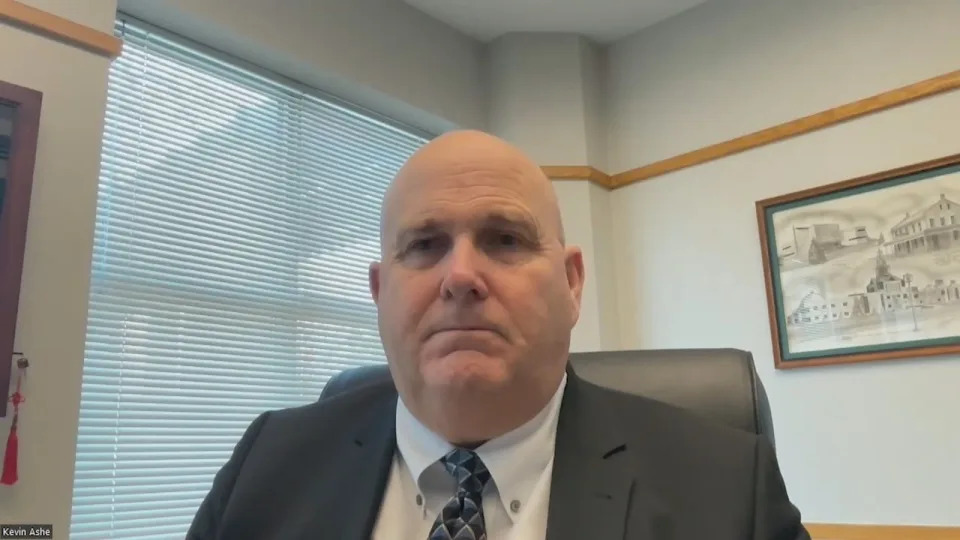
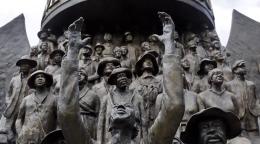
 '
'